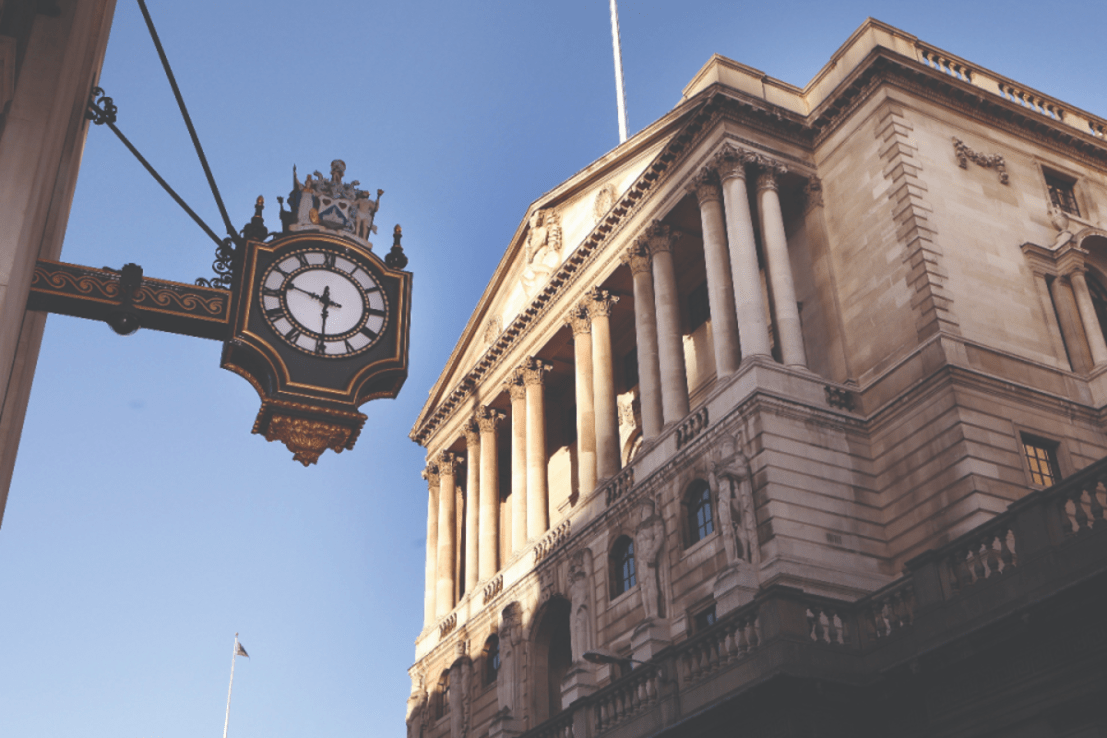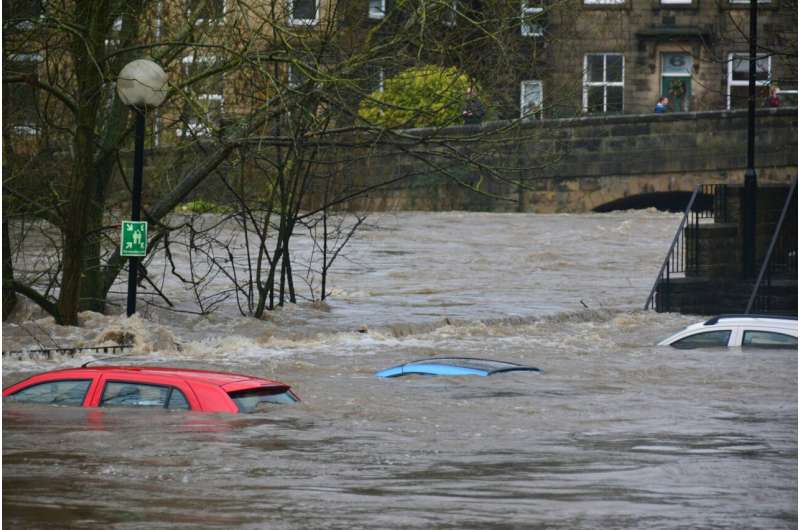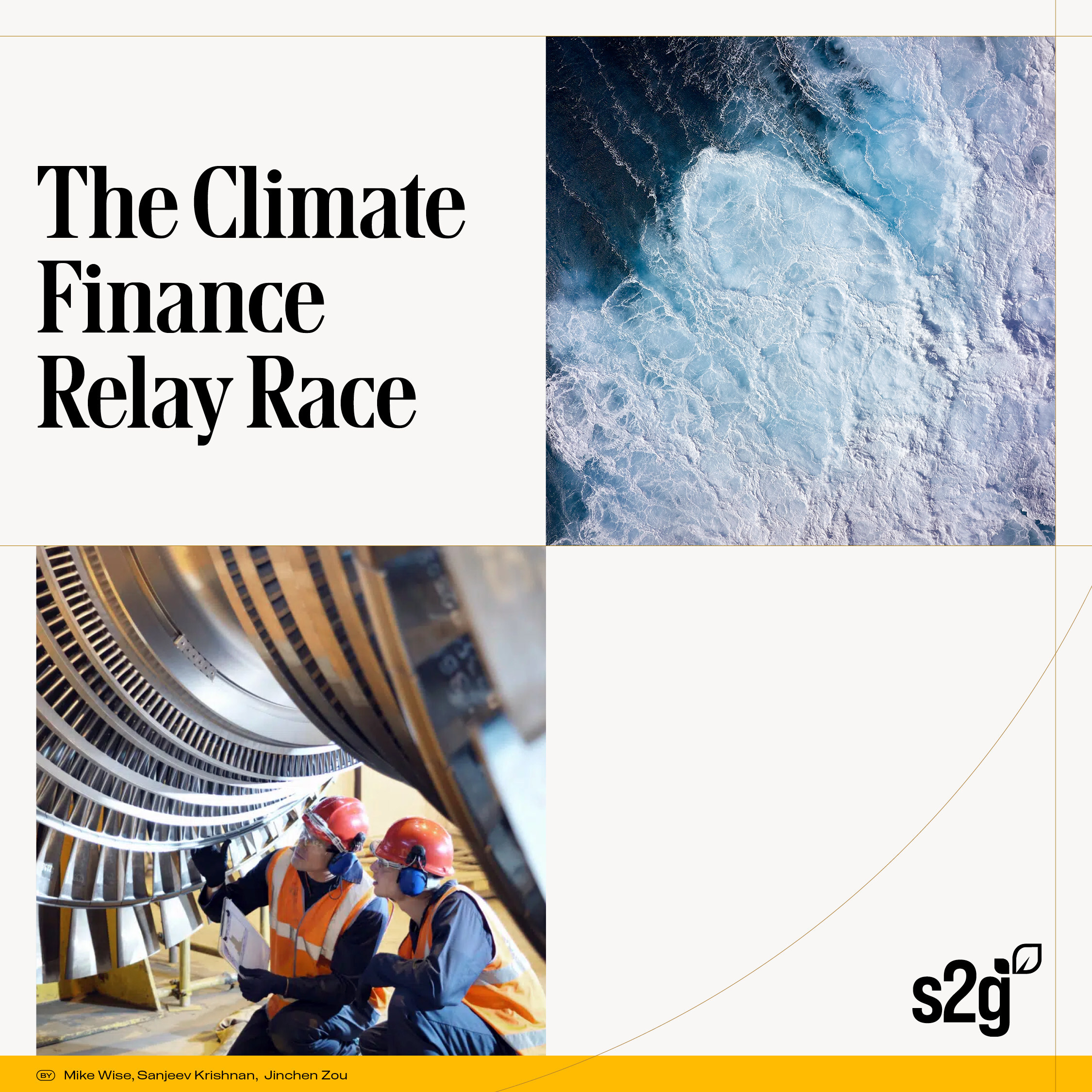
Brazil needs a fresh narrative on the global stage regarding climate change. Despite offering key assets for decarbonizing the economy — like its largely renewable energy matrix — the country is still often reduced abroad to images of Amazon fires and political turmoil. This is the view of Marina Cançado, founder of consultancy Converge Capital and co-creator of the Brazil Climate Summit.
The event, held annually at Columbia University since 2022, returns for its third edition on September 18, just ahead of New York’s Climate Week. The summit brings together top executives from banks, investment firms, Big Tech, agribusiness, and mining, providing a platform to explore Brazil’s solutions for reducing carbon emissions and fostering new investment opportunities — half of the participants are non-Brazilians. For instance, the renewable energy grid in Brazil’s Northeast has drawn interest from artificial intelligence companies, which must balance their soaring energy demands with environmental commitments.

Beyond corporate giants, the summit also welcomes climate tech startups and academic voices. Notably absent, however, are indigenous groups and other traditional communities — key stakeholders who stand to be impacted by these discussions and who could contribute with valuable insights, particularly concerning the Amazon. “At our event, we aim to shift the international view of Brazil and promote business,” said Ms.
Cançado, emphasizing that the country is more than just the Amazon and citing advances in energy and agritech. She spoke with The Brazilian Report about the goals and expectations for the 2024 Brazil Climate Summit. The following interview has been edited for brevity and clarity.
What gap does this event fill in the debates about Brazil’s role in tackling climate change? The event was conceived in 2021 out of frustration — ours, and from businesspeople, investors, and financial market managers — with Brazil’s international image. The world saw Brazil only as a country of Amazon fires, deforestation, and political chaos, rather than..
. Brazilian Foreigner.














